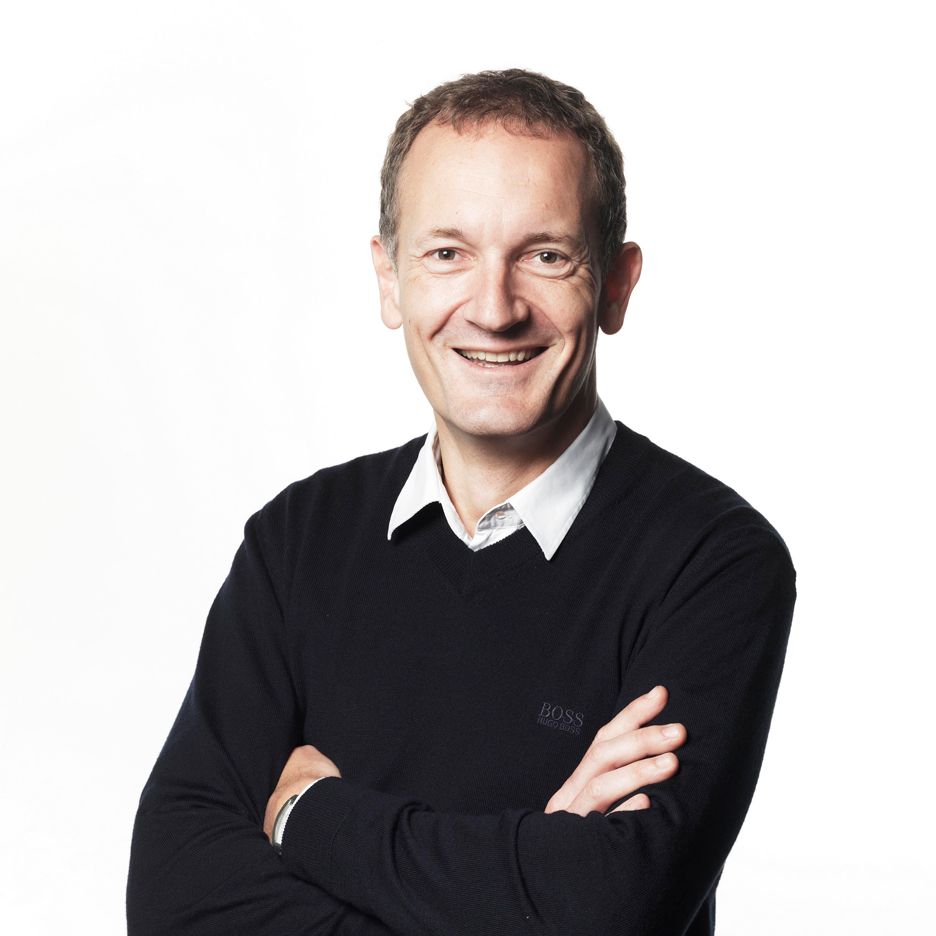We've reached "peak home furnishings" says IKEA sustainability chief
Business news: IKEA is aiming to double its sales by 2020 despite demand for home furnishings reaching a peak, according the company's head of sustainability.
Steve Howard, sustainability chief at the world's largest furniture retailer, said that western consumers' demand for home furnishings has hit a pinnacle.
"If we look on a global basis, in the west we have probably hit peak stuff," said Howard during The Guardian's Sustainable Business debate last week. "We talk about peak oil. I'd say we've hit peak red meat, peak sugar, peak stuff... peak home furnishings."
Howard emphasised that his statement didn't undermine IKEA's target of doubling sales by 2020.

He explained that the furniture giant was making steps towards a more environmentally friendly approach – including investing in renewable power, finding clean energy sources for its shops and factories and phasing out non-LED bulbs in its stores.
The brand recently launched a research lab to investigate the future of home design, including prototype products that could help conserve water and electricity.
According to Howard, the Swedish company is focused on creating a "circular IKEA" that will encourage visitors to repair and recycle items.
A campaign launched by the brand last year asked Belgian consumers to convert old IKEA catalogues into stuffing for a geometrically patterned cushion.

"If you look on a global basis, most people are still poor and most people actually haven't got to sufficiency yet," said Howard. "There is a global growth opportunity ... but it's a distribution issue."
IKEA's design manager Marcus Engman said that the company " works in a very different way to everyone else" during an interview with Dezeen last year.
The Sustainable Business debate took place on 12 January 2016 and brought together a panel to discuss the steps companies could take to reduce climate emissions.
Other speakers included Green party MP Caroline Lucas, head of responsible investment at Nordea Asset Management Sasja Beslik and climate change scientist Kevin Anderson.